Lab Members
-
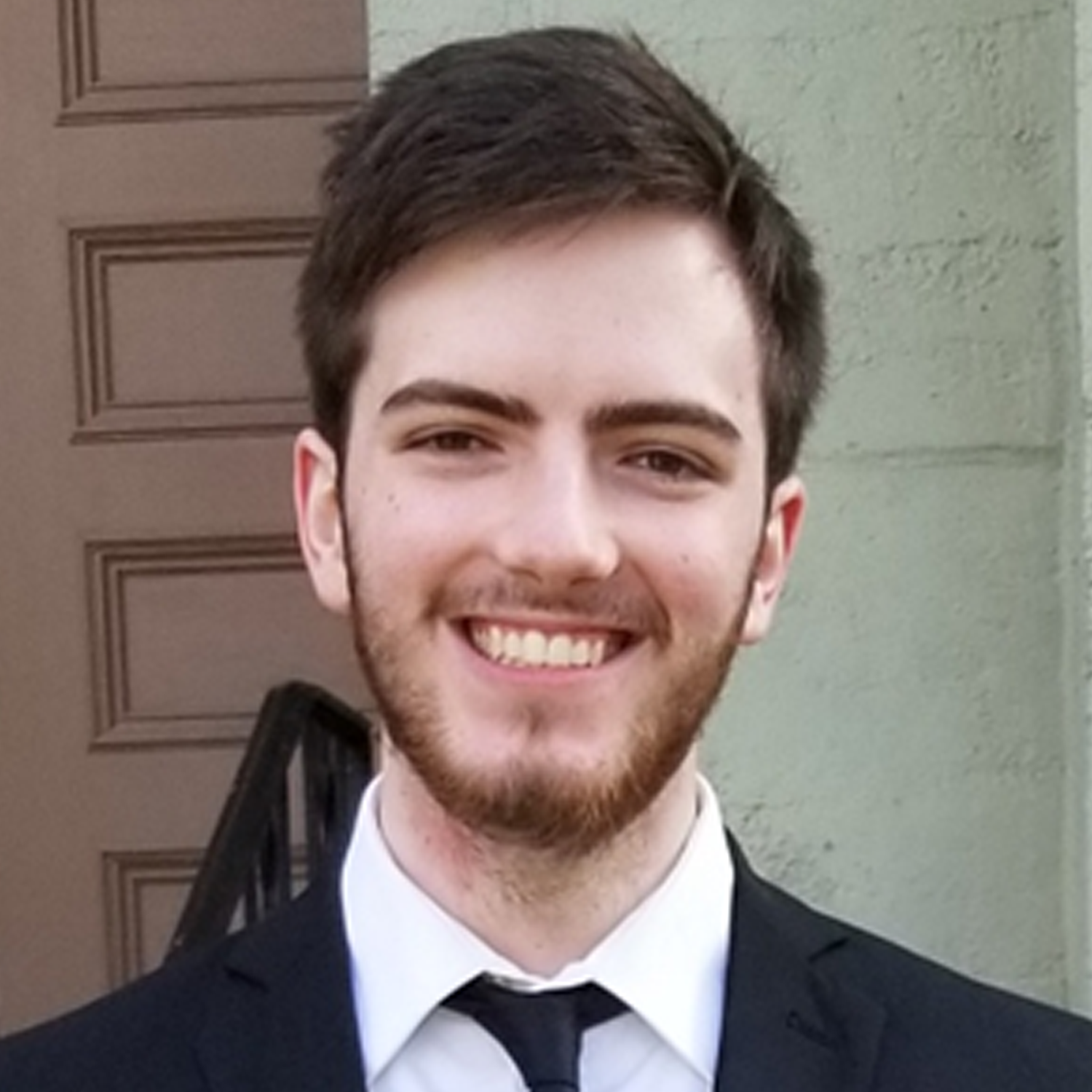
James Gooding
Graduate StudentJames Gooding, a graduate student, who investigates muscular dystrophies and applies the findings to develop therapeutic solutions joined Brown Lab in 2021. James graduated from Michigan Technological University with a B.S. in Chemical Engineering. Following his undergraduate studies, he researched, the behavioral consequences of septum and hippocampal neural connections as well as explored the early stages of neural plasticity in neonatal monkeys, at the National Institute of Mental Health, NIMH, for Behavioral Neuroscience, under Dr. Yogita Chudasama.
-
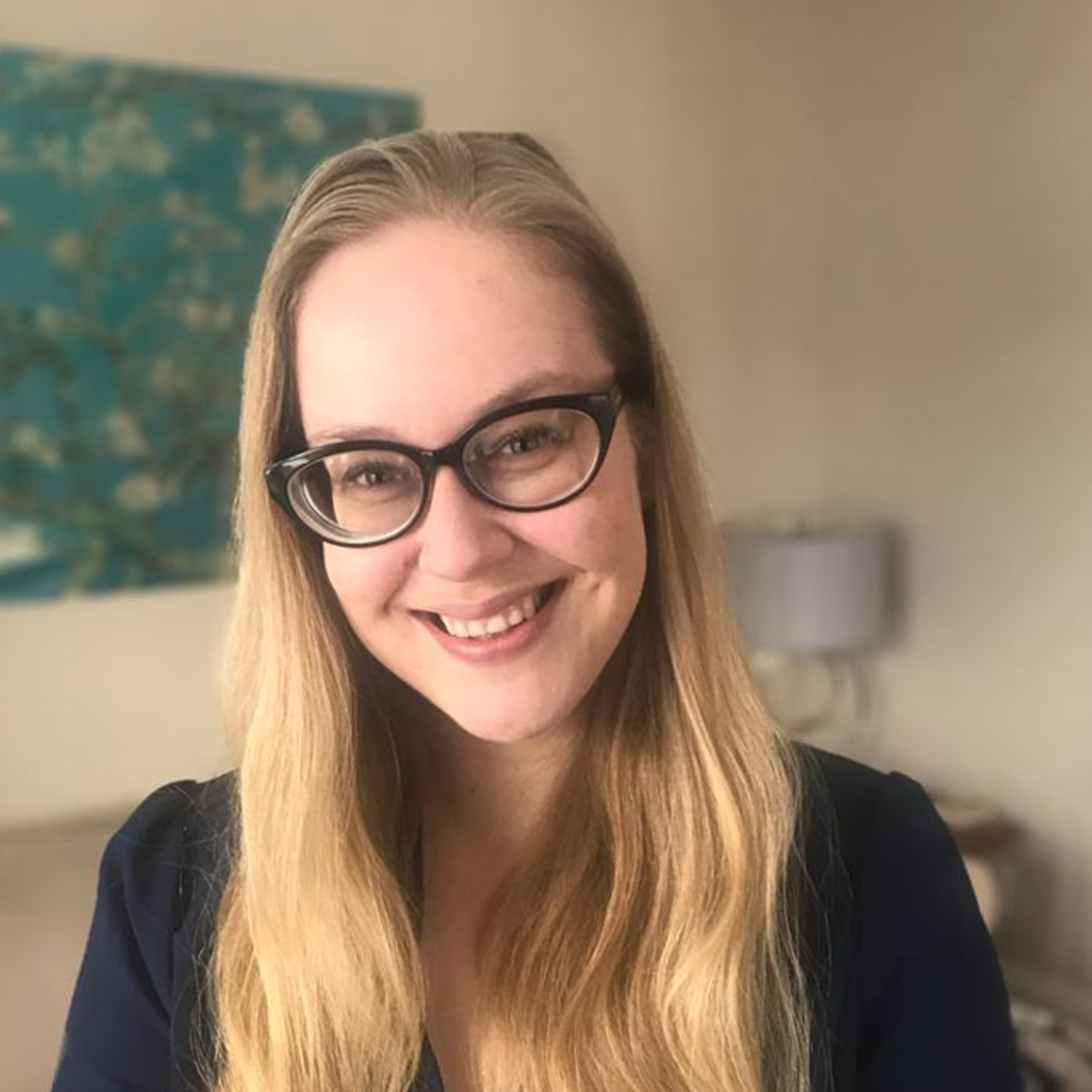
Katharina Meijboom
DPhil, Postdoctoral AssociateKatharina Meijboom, DPhil, research assistant in the Brown Lab, is working on gene therapies for ALS/FTD. Katharina, a prior postdoc of Mueller Lab at UMass Chan, focused on gene therapies for ALS/FTD and Neurofibromatosis 2 before joining Brown Lab in 2020. She employs different strategies, such as gene editing and the use of artificial microRNAs, to correct ALS-causing mutations or silence toxic gene products.
Katharina received her Bachelor’s and Master’s degrees in Neuroscience at the University of Utrecht in the Netherlands. In 2014, she began her doctoral studies at the University of Oxford, UK, in the Matthew Wood Lab, studying disease mechanisms and therapeutic approaches for Spinal Muscular Atrophy.
-
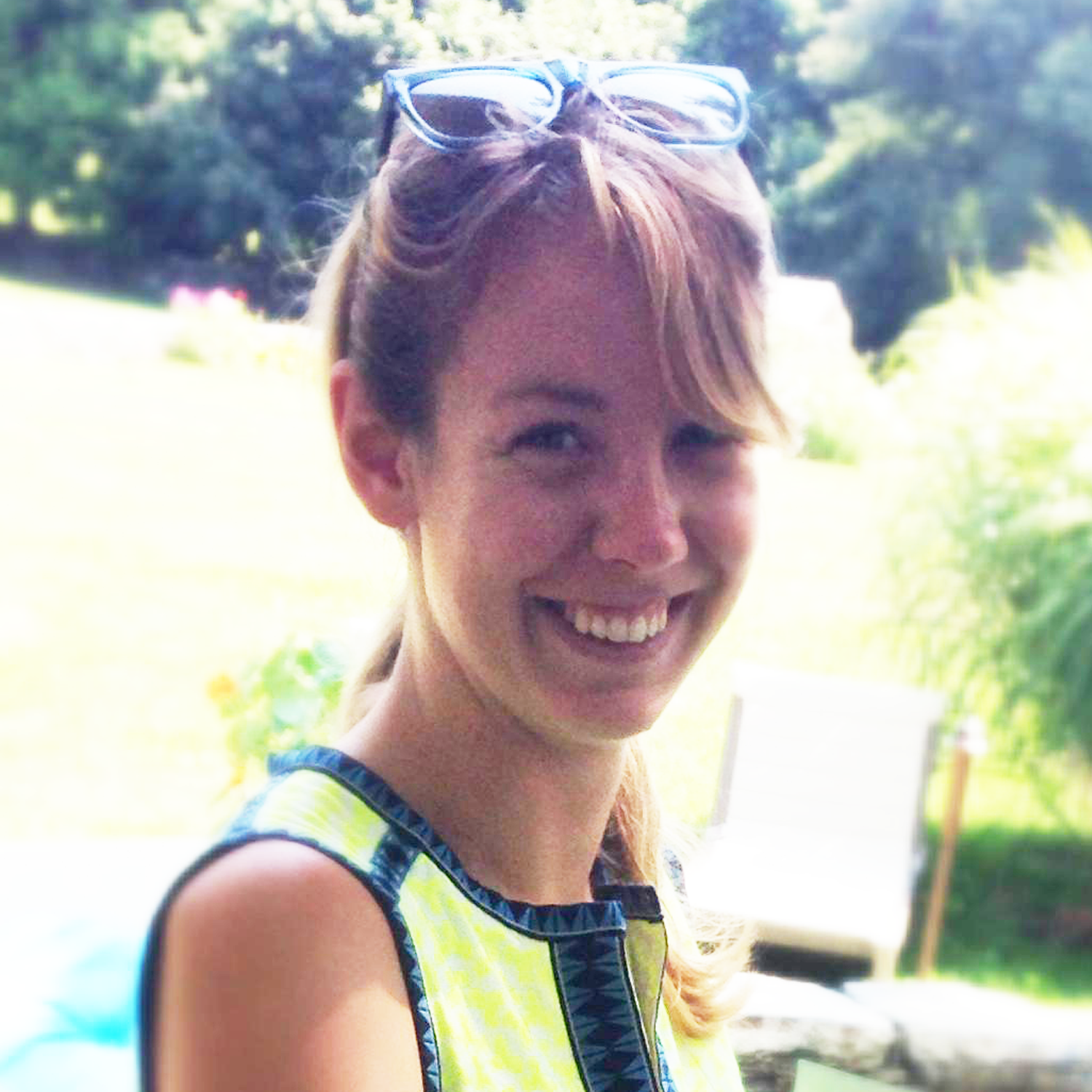
Katherine Mocarski
Katherine Mocarski, studies neuroinflammation and manipulating a microglial chemoreceptor in the hSOD1-tgG93A mouse model and assessing behavioral and pathological improvements. She also uses single-cell RNA sequencing technologies to investigate cell-type transcriptional states throughout disease progression. Katherine joined Brown Lab in 2018.
-
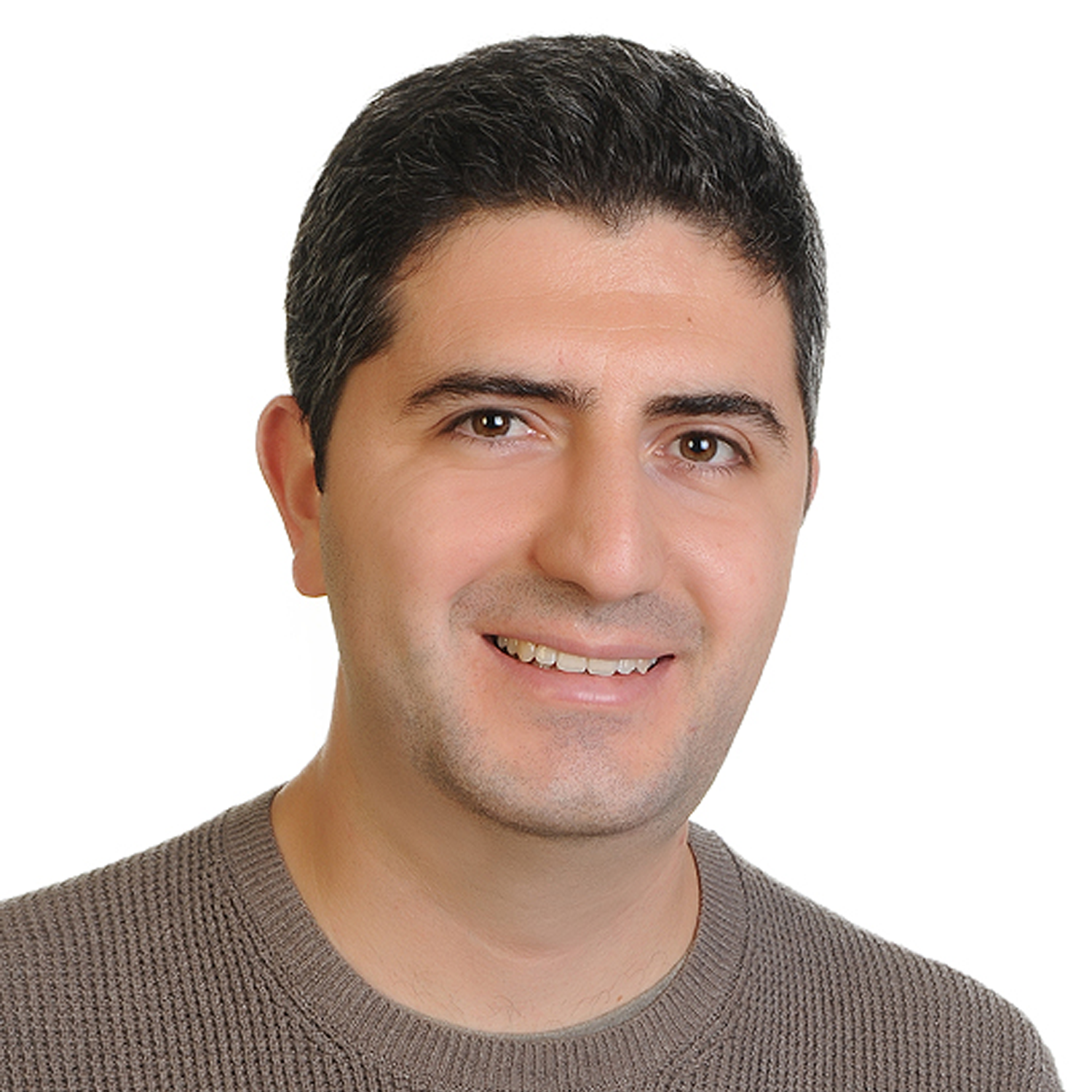
Ozgun Uyan
PhD StudentOzgun Uyan, a research associate with Brown Lab since 2013, research studies centers on understanding higher-order chromatin organization in ALS patients harboring C9orf72 intronic expansion. His investigations have examined how chromatin structure and gene expression differ in motor neurons from ALS patients and controls, as compared to other cell types (fibroblasts, stem cells). In parallel, he has also pursued projects that address aspects of suppression of ALS-causing genes.
Ozgun graduated with a B.S. degree in Molecular Biology and Genetics from the Izmir Institute of Technology, Izmir, Turkey in 2009. He received his graduate degree in Molecular Biology and Genetics at the Boğaziçi University, Istanbul, Turkey, where he focused on genetics of Turkish ALS patients, performing a genome-wide association study and exploring copy number variations.
-

Alexandra Weiss
Senior Research ScientistAlexandra Weiss, a research scientist in the Brown Lab since 2009, manages all in-vivo lab studies.
Alexandra graduated from Boston University with a B.S. degree. She worked as an emergency and critical care nurse at Angell Animal Medical Center before transitioning to research. She began at Tufts Medical Center in the Center for Translational Cardiovascular Research where she utilized large animal models for testing therapeutics related to cardiovascular diseases. From there she moved over to the Molecular Cardiology Research Institute as a micro-surgeon in the Mouse Physiology Core before transitioning to neurology.
-
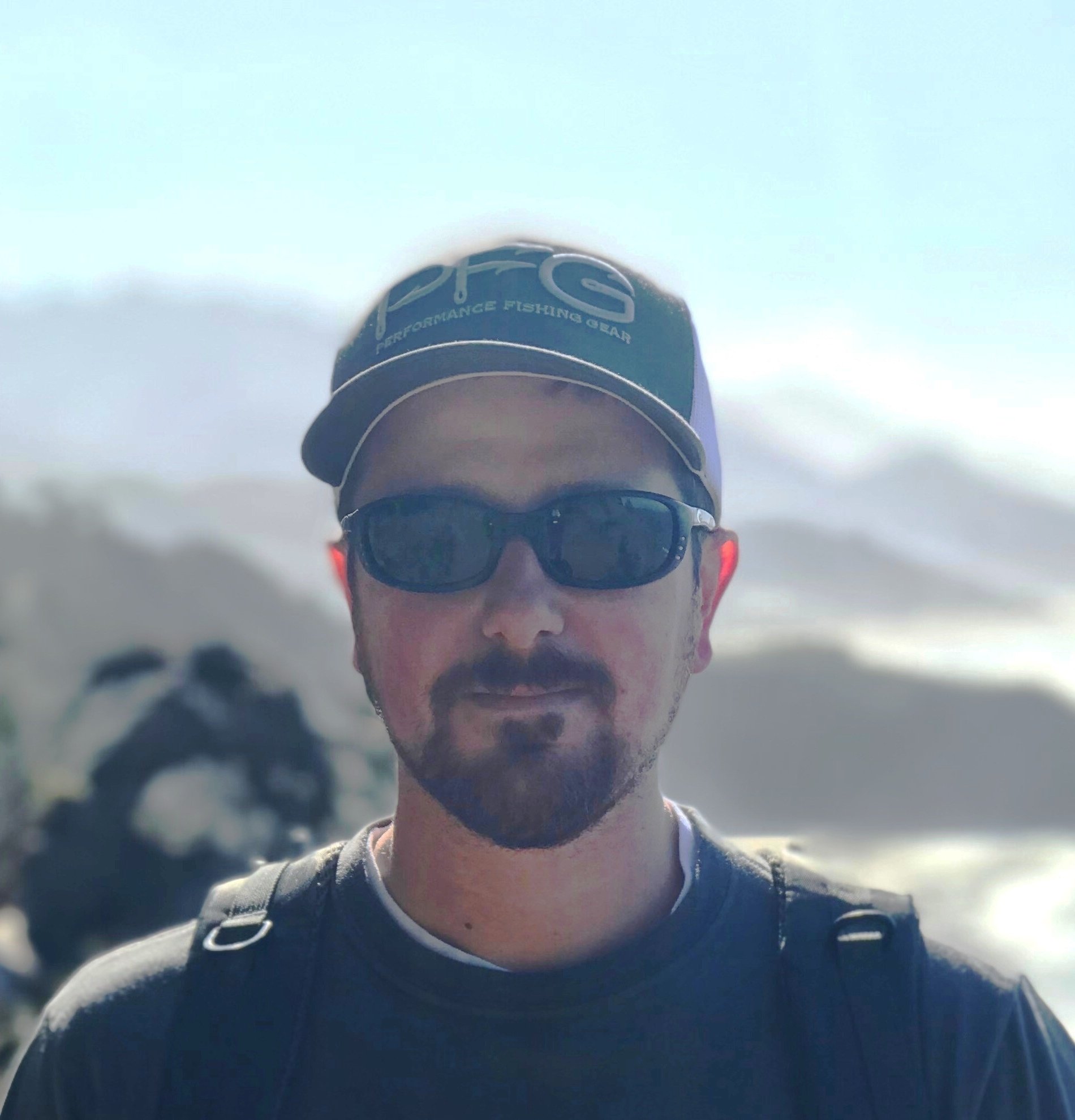
Nicholas Wightman
Manager of Research OperationsNicholas Wrightman, a research associate in Brown Lab since 2009, is the manager of research operations. He performs research focusing on ALS, specifically mutations in the SOD1 and C9orf72 genes. Nicholas studied biology at Assumption University in Worcester Massachusetts. He received his bachelor's degree in biology in 2009.
-
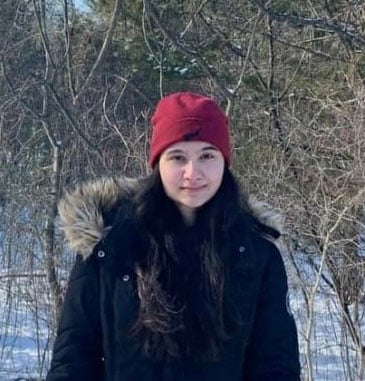
Sushmita Nayak
Sushmita is interested in discovering genetic mechanisms underlying neurodegeneration and developing novel therapies to alleviate disease. She received her B.S. from Amity University, India in 2016. She went on to pursue a masters in stem cell biology at the University of Minnesota in 2017 and worked in Dr. James Dutton’s lab. During her master’s thesis, she discovered a novel protocol to differentiate induced pluripotent stem cells to peripheral neurons in vitro. She worked in the industry post her master's to understand early events in neurodegenerative disease biology for drug discovery and target validation studies. Sushmita started her PhD at UMass Chan in 2022 and joined the Brown lab as a Graduate Student in May 2023. She is interested in using oligonucleotide therapies to silence the mutant gene in HSAN1 (Hereditary Sensory Autonomic Neuropathy Type I). She is being co-mentored with Dr Michael Lodato.
-
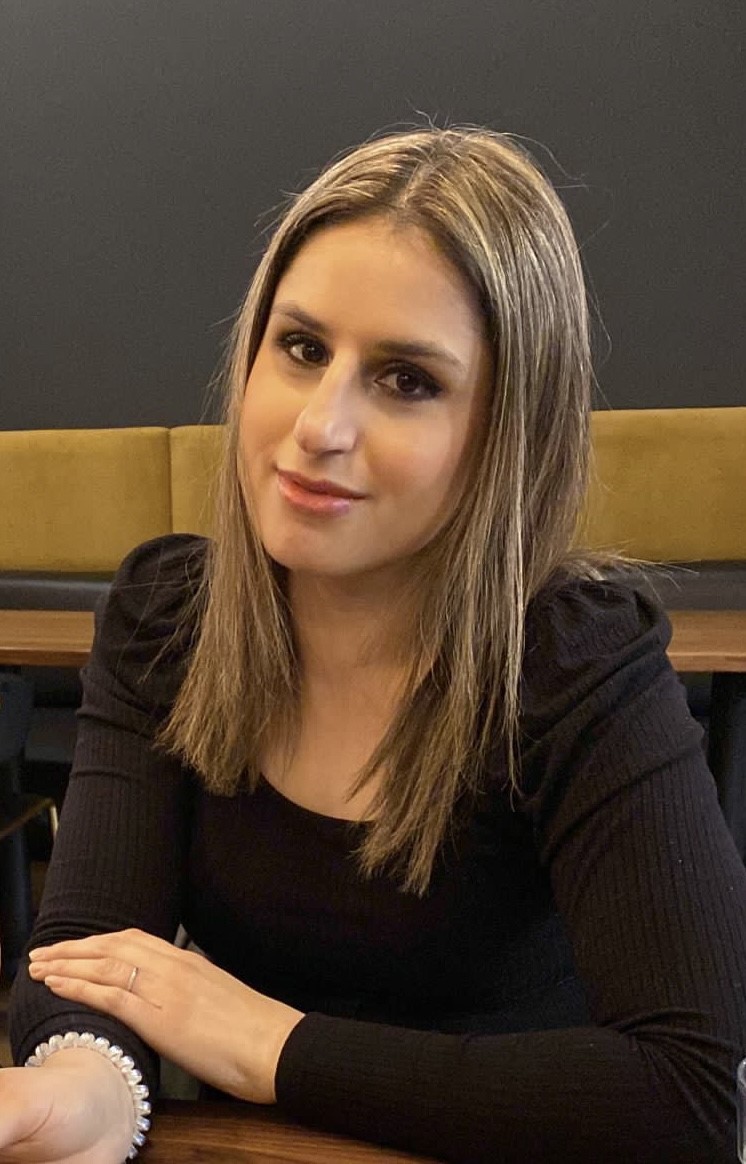
Israa Hassan
Israa graduated from Clark University with a bachelor's degree in biology. In 2022, she joined the laboratory of Robert Brown, DPhil, MD, at UMass Chan Medical School as a Research Associate I. She primarily conducts research on ALS with a focus on SOD1 gene mutations. She also performs in-vivo studies using mouse models to test various ALS therapeutics.
-
Kelvin Acquah
Kelvin Acquah joined Brown Lab in 2023.
-
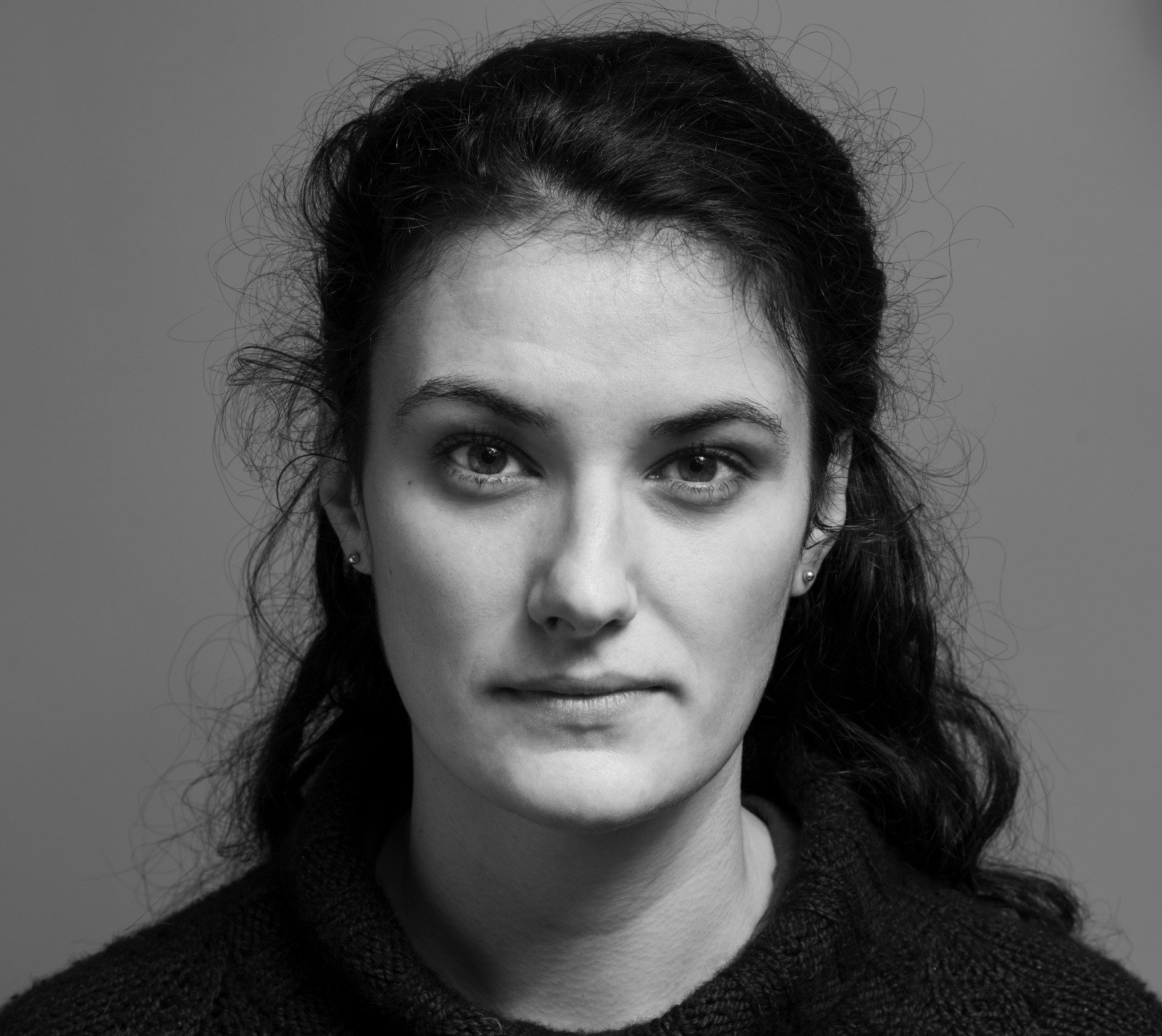
Annie Collins, BSc.(Hons), BM BCh, MRSB
Postdoctoral AssociateAnnie Collins, BSc.(Hons), BM BCh, MRSB, joined UMass Chan in 2023 as a postdoc to apply her clinical knowledge to research. She is working jointly in the labs of Robert Brown and Jonathan Watts. Her work focuses on the development of therapeutic oligonucleotides such as siRNAs and antisense oligonucleotides, with a particular focus on the development of treatments for sporadic ALS.
Annie completed her bachelor’s degree in physiology at the University of British Columbia in Vancouver, Canada in 2017. Her honor's thesis work with Douglas Allan focused on the characterization of genetic regulatory elements important for neural development in fruit flies. She went on to complete her medical degree at the University of Oxford in 2022.
-
Hajar Houmani
Hajar Houmani joined Brown Lab in 2021.
-
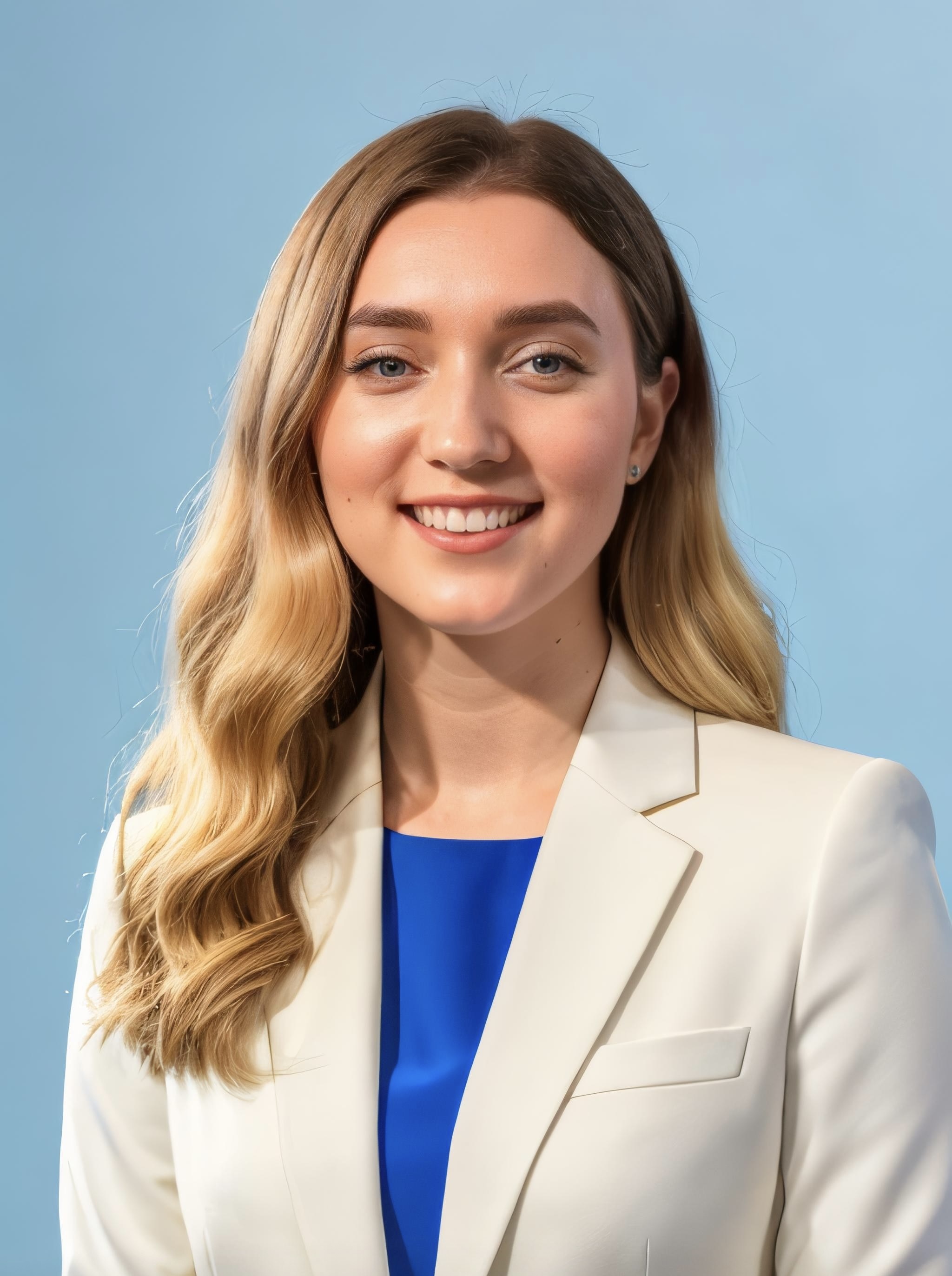
Erinn Ives
Research Associate IErinn graduated from UMass Amherst in 2022 with a biology degree. She joined Brown Lab as a Research Associate in the spring of 2023. Erinn assists with work related to developing oligonucleotide therapies for HSAN1, which includes conducting a variety of sensory tests to characterize a mouse model for this disease. She is fascinated by neurology and neuroscience and hopes to further her education in the field.